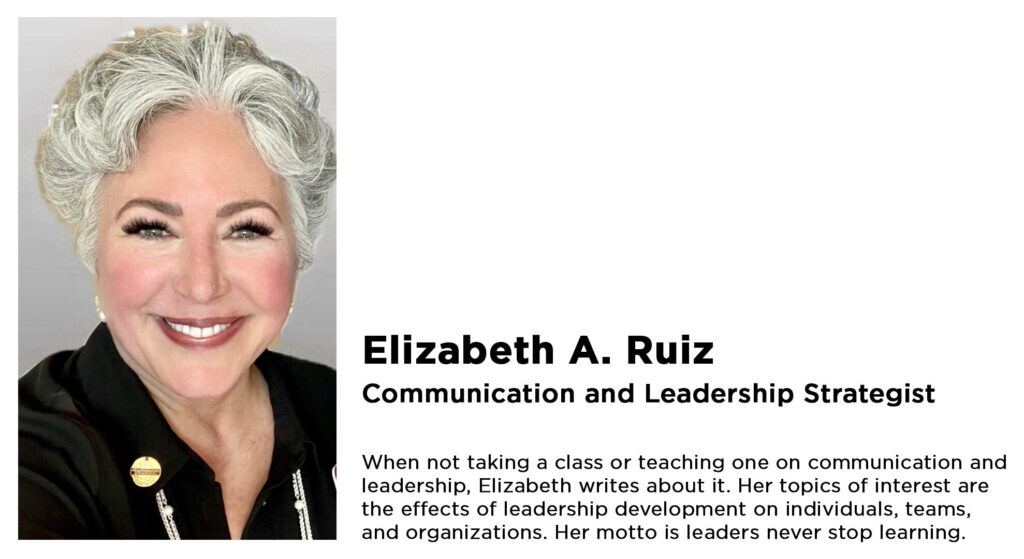The Power of Self-Awareness: Aligning Your Career Goals with Your Core Values
In a world where titles, salaries, and prestige often measure career success, it’s easy to lose sight of what truly matters—finding work that aligns with your values and sense of purpose. Many professionals chase opportunities that look good on paper, only to feel unfulfilled and disconnected.
This is where self-awareness becomes a game-changer. When you understand your values, strengths, and motivations, you gain clarity in your career decisions and create a path that leads to lasting fulfillment, not just short-term gains.
Tapping into self-awareness can help you align your career goals with your core values.
1. Understanding Self-Awareness: The Foundation of a Meaningful Career
Self-awareness is recognizing your emotions, thoughts, and behaviors—and how they influence your choices. In the context of your career, this means knowing:
- What drives you beyond a paycheck
- What kind of work environment fuels your best performance
- What values guide your decisions and make you feel fulfilled
Without self-awareness, it’s easy to follow paths shaped by external pressures rather than your inner compass.
2. Identifying Your Core Values
Your core values are the guiding principles that define what matters most to you. When your job aligns with these values, work becomes more meaningful. When there’s a misalignment, dissatisfaction, and burnout can creep in.
To identify your values, ask yourself:
- What moments in my career have felt the most fulfilling? Why?
- What qualities do I admire in people I respect?
- When have I felt most energized and engaged at work?
Some common core values include:
✅ Integrity – Doing what’s right, even when no one is watching
✅ Growth – Continuous learning and development
✅ Creativity – Having the freedom to innovate and think outside the box
✅ Impact – Making a difference in people’s lives
✅ Balance – Prioritizing well-being and personal life alongside work
Once you’ve identified your top values, evaluate whether your current job—or the job you’re pursuing—aligns with them.
3. Aligning Your Career Goals with Your Values
After identifying your core values, it’s time to ensure your career path supports them. Here’s how:
🔹 Assess Your Current Role
- Does your job reflect your values, or do you feel disconnected?
- Are you working in an environment that supports your personal and professional growth?
🔹 Define Your Ideal Work Environment
- Do you thrive in collaborative teams or prefer independent work?
- Does a fast-paced, high-pressure setting excite you, or do you value stability and routine?
🔹 Make Intentional Career Moves
- Before applying for a job, research the company culture, mission, and leadership.
- During interviews, ask about the company’s values and how they align with their decision-making.
- Consider long-term fulfillment rather than short-term perks.
Example: If you value impact, working for a company that prioritizes profit over people may leave you feeling disconnected. If creativity is a top value, a rigid, process-heavy role may stifle your potential.
4. The Role of Emotional Intelligence in Career Alignment
Self-awareness is just one part of emotional intelligence—understanding and managing emotions effectively. The more emotionally intelligent you are, the better you’ll be able to make career decisions that align with your identity.
🧠 Self-Reflection: Regularly evaluate whether your work aligns with your values and career goals.
💡 Adaptability: Be open to adjusting your career path as you grow and evolve.
🤝 Empathy: Surround yourself with mentors and peers who support your journey and values.
5. Taking Action: Steps to Align Your Career with Your Values
Ready to bring more alignment into your career? Try these steps:
✅ Journal Your Career Reflections: Remember moments when you felt most fulfilled and why.
✅ Evaluate Job Opportunities Carefully: Ensure it matches your core values before accepting a job.
✅ Have Honest Conversations: If your current job is misaligned, talk with leadership about ways to create a better fit—or explore new opportunities.
✅ Commit to Continuous Growth: Stay open to learning, pivoting, and refining your career path as you evolve.
Final Thoughts: Success Is Personal
Success isn’t just about climbing the corporate ladder—it’s about living and working in alignment with what truly matters to you. You’ll find deeper fulfillment, stronger motivation, and a clearer sense of purpose by cultivating self-awareness and making career choices that reflect your values.
Your career should empower you, not drain you. Start aligning your goals with your values today—and build a career that feels authentic, meaningful, and uniquely yours.
Are you looking for Career Opportunities That Align with Your Values?
Explore job listings, career resources, and expert guidance at USJobLink.com to find work that truly fits you.

Elizabeth Ruiz: Strategic Communication and Leadership Expert
Elizabeth Ruiz is a seasoned strategic communication and leadership expert, passionately dedicated to exploring how ethical leadership, psychology, and communication drive organizational success. With a career rooted in applying advanced leadership theories, Elizabeth’s work in management consulting, strategic HR, and organizational effectiveness helps corporate, governmental, and nonprofit organizations transform their management practices. When she isn’t teaching or studying as a student, she writes extensively on topics such as strategy, management, and the psychology of effective leadership.
Elizabeth’s approach is defined by her unwavering belief that true leaders are lifelong learners. Connect with Elizabeth on LinkedIn.











